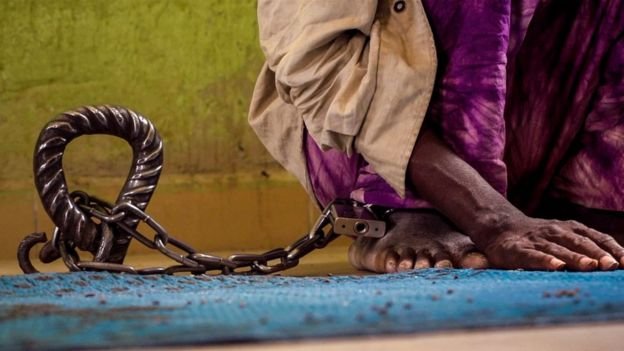“Nobody should be treated as an animal”: The dark realities of patients in Nigerian psychiatric hospitals

In a small room with faded paint and worn-out chairs, a diverse group of people with mental health conditions gathered, their stories etched upon their faces. They seemed visibly relieved to have a respite from the chaotic and overcrowded environment…
